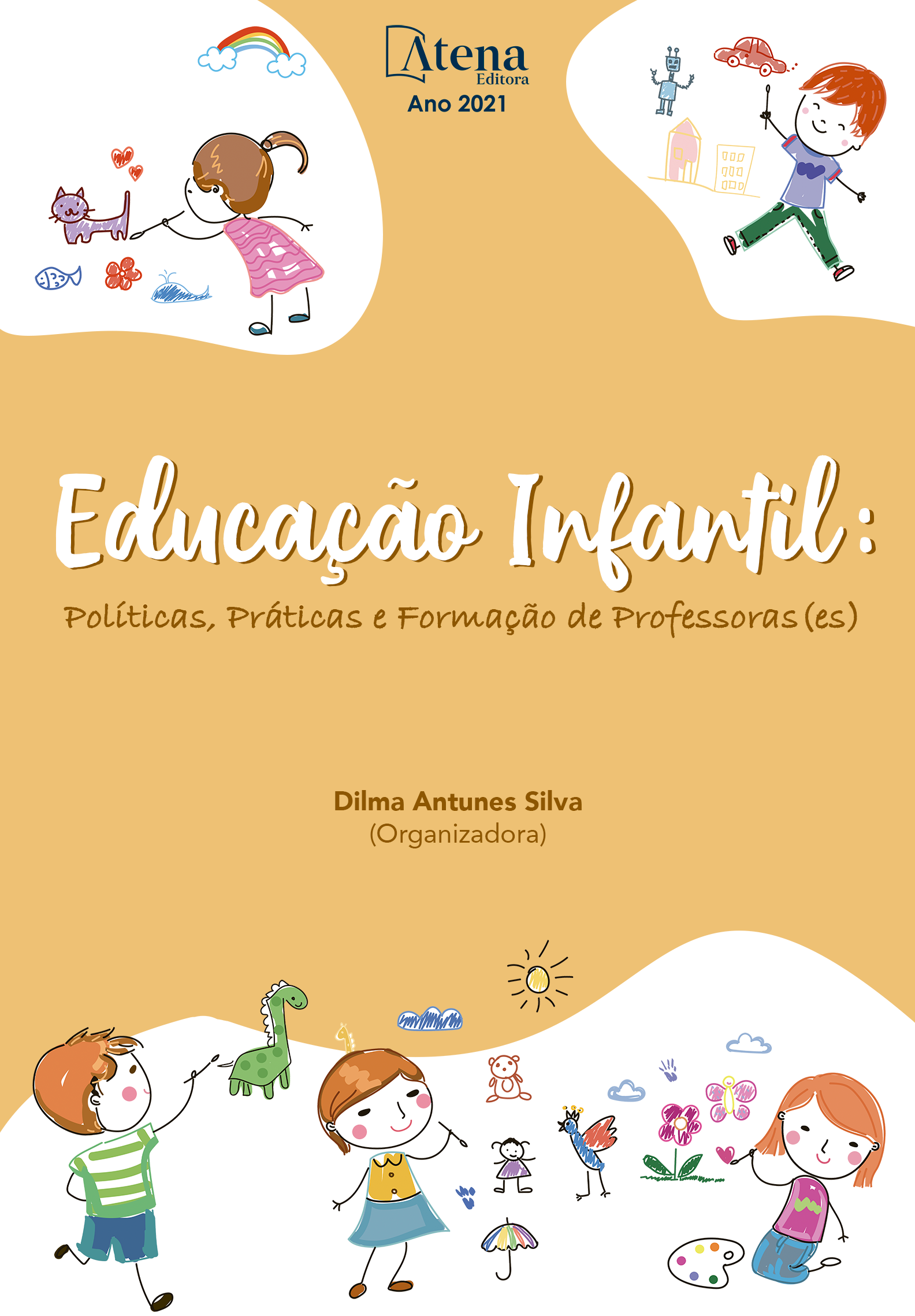
O LOBO ‘TÁ’ VINDO: CONSIDERAÇÕES SOBRE A CONSTRUÇÃO DO JOGO SIMBÓLICO E A BRINCADEIRA COM ELEMENTOS DA NATUREZA E MATERIAIS NÃO ESTRUTURADOS.
Muito tem-se falado a respeito da importância do contato com a natureza e o trabalho com materiais não estruturados e de largo alcance para o desenvolvimento da criança. Compreendendo também a importância dos registros para o desenvolvimento de um trabalho pedagógico qualificado (SÃO PAULO, 2019a; 2019b), realizou-se uma pesquisa documental em um Centro de Educação Infantil (CEI) da periferia do município de São Paulo para compreender o processo passado por uma turma de bebês em relação com a natureza e materiais não estruturados, suas implicações no raciocínio abstrato da criança e em seu potencial criativo e imaginativo. Apoiando-se em estudos de Vygotsky (1994) e Rodari (1982), discute-se que, na Escola da Infância, o raciocínio simbólico deve ocupar um lugar central e é preciso que os educadores possibilitem a ampliação desse mecanismo de pensamento no cotidiano das instituições. Acompanhou-se, assim, o desenvolvimento de um grupo de crianças por meio do trabalho com projetos concretizado na pedagogia em participação (OLIVEIRA-FORMOSINHO, 2019). Acredita-se, como Thomé e Mendonça (2018), que o contato diário e constante com a natureza é capaz de nos reconectar à nossa essência, oportunizando conexões diversas e o desenvolvimento pleno do ser humano, assim, observa-se o quanto esse trabalho é importante para bebês e crianças.
O LOBO ‘TÁ’ VINDO: CONSIDERAÇÕES SOBRE A CONSTRUÇÃO DO JOGO SIMBÓLICO E A BRINCADEIRA COM ELEMENTOS DA NATUREZA E MATERIAIS NÃO ESTRUTURADOS.
-
DOI: 10.22533/at.ed.7242110031
-
Palavras-chave: Educação Infantil; Criatividade; Projetos Pedagógicos; Criança Pequena; Berçário.
-
Keywords: Child education; Creativity; Pedagogical Projects; Young kid; Nursery.
-
Abstract:
Much has been said about the importance of contact with nature, and working with unstructured and far-reaching materials, for children's development. Also understanding the importance of records for the development of a qualified pedagogical work (SÃO PAULO, 2019a; 2019b), a documentary research was carried out in a Child Education Center (CEI) on the outskirts of São Paulo city to understand the process a group of babies went through regarding their relation with nature and unstructured materials, their implications for the child's abstract reasoning and their creative and imaginative potential. Based on studies by Vygotsky (1994) and Rodari (1982), it is argued that, in the School of Childhood, symbolic reasoning must occupy a central place and it is necessary that educators enable the expansion of this mechanism of thought in the everyday life of institutions. Thus, the development of a group of children was monitored through working with projects implemented in the pedagogy in participation (OLIVEIRA-FORMOSINHO, 2019). As Thomé and Mendonça (2018) also believed, daily and constant contact with nature can reconnect us to our essence, providing different connections and a full development of the human being. Therefore, it is observed how much this work is important for babies and children.
-
Número de páginas: 15
- Paula de Camargo Penteado


